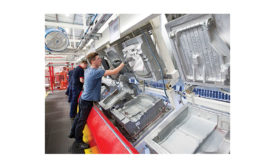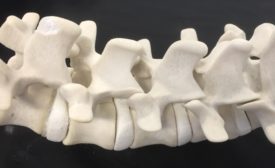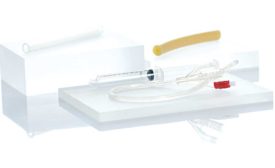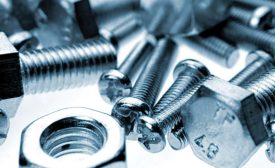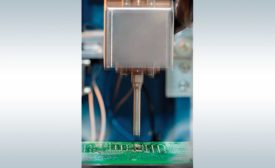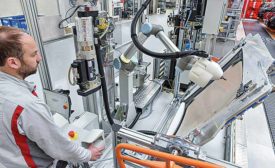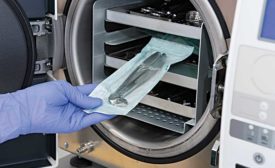Medical Devices Assembly
Spurred by tax cuts and economic growth, manufacturers will continue to invest in their assembly operations.
Read More
Choosing Fastener Finishes
Fastener finish is crucial to safety, functionality and cost
October 3, 2018
Staking for Plastic Parts Assembly
A wide range of staking methods produce quality plastic assemblies with stress-free joints
September 5, 2018
Collaborative Robot Do’s and Don’ts
Cobots are the hottest trend in factory automation
September 4, 2018
State of the Profession 2018: Smart Factories Demand Smarter Engineers
Staying ahead of the curve is more important than ever
July 9, 2018
Troubleshooting the Dispensing Process
Advanced machines help manufacturers flawlessly and consistently dispense a wide range of materials
July 6, 2018
Never miss the latest news and trends driving the manufacturing industry
Stay in the know on the latest assembly trends.
JOIN TODAY!Copyright ©2024. All Rights Reserved BNP Media.
Design, CMS, Hosting & Web Development :: ePublishing
